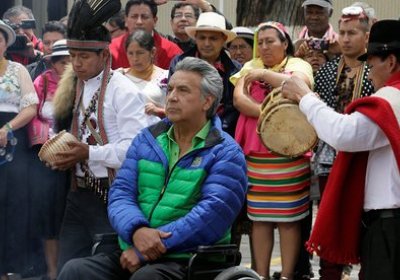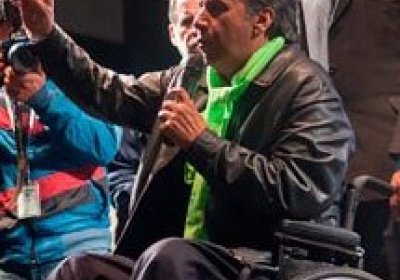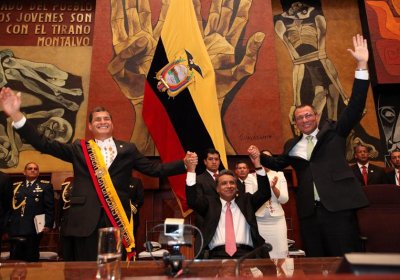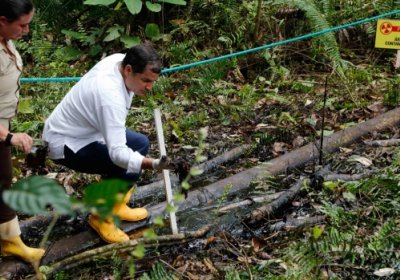National sovereignty is an undervalued asset in today’s world, especially in the international media, where the views of Washington and its allies largely prevail. This is true with regard to economic as well as political issues, and its consequences can be quite heavy in a region like Latin America, long regarded by US officials as their “back yard.”
The election in Ecuador is being watched as well as contested by forces that have opposing views on this question.











